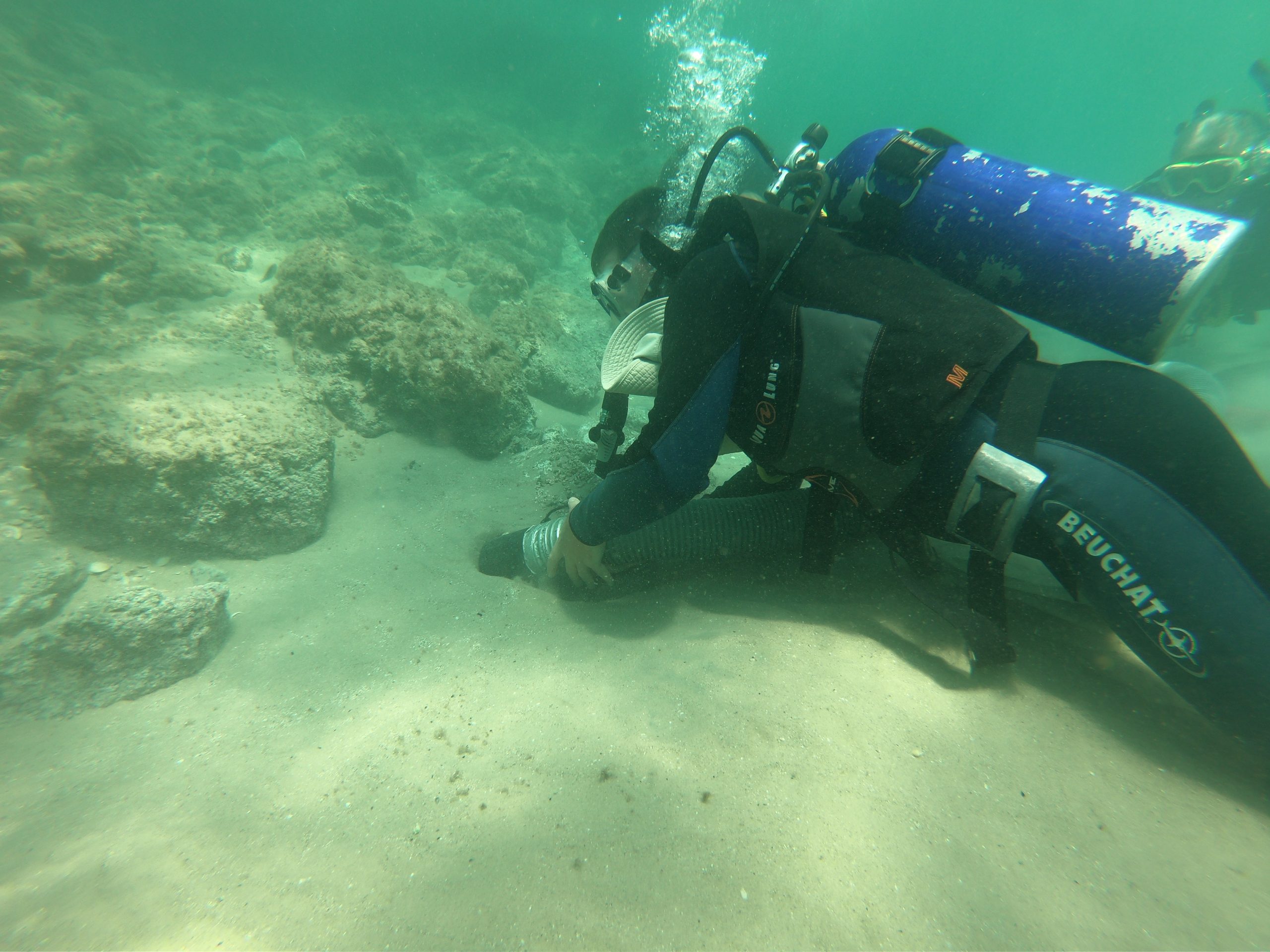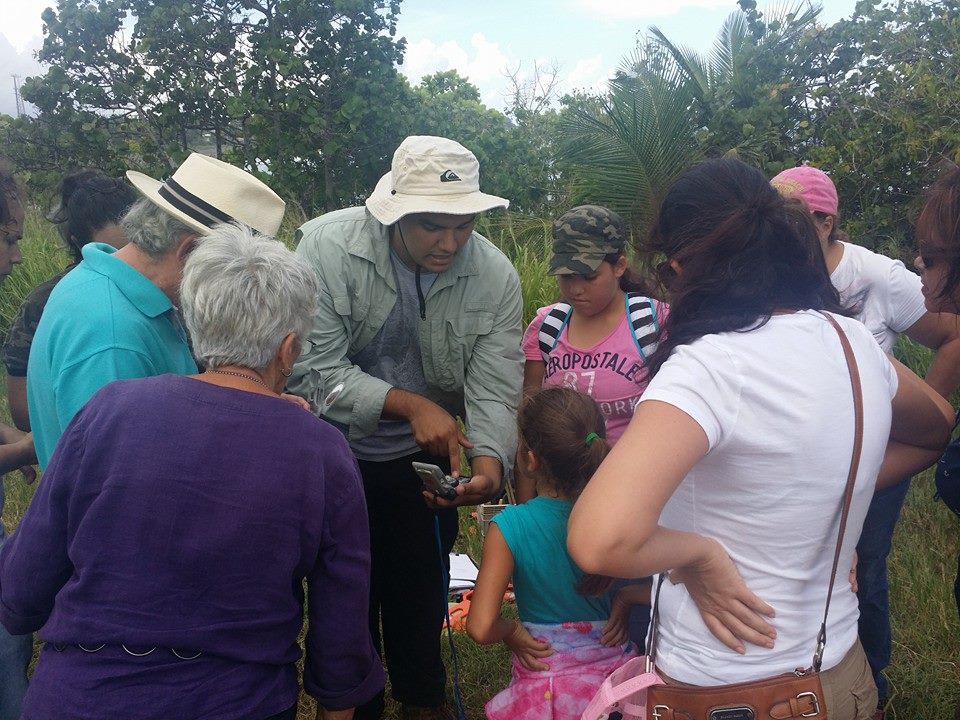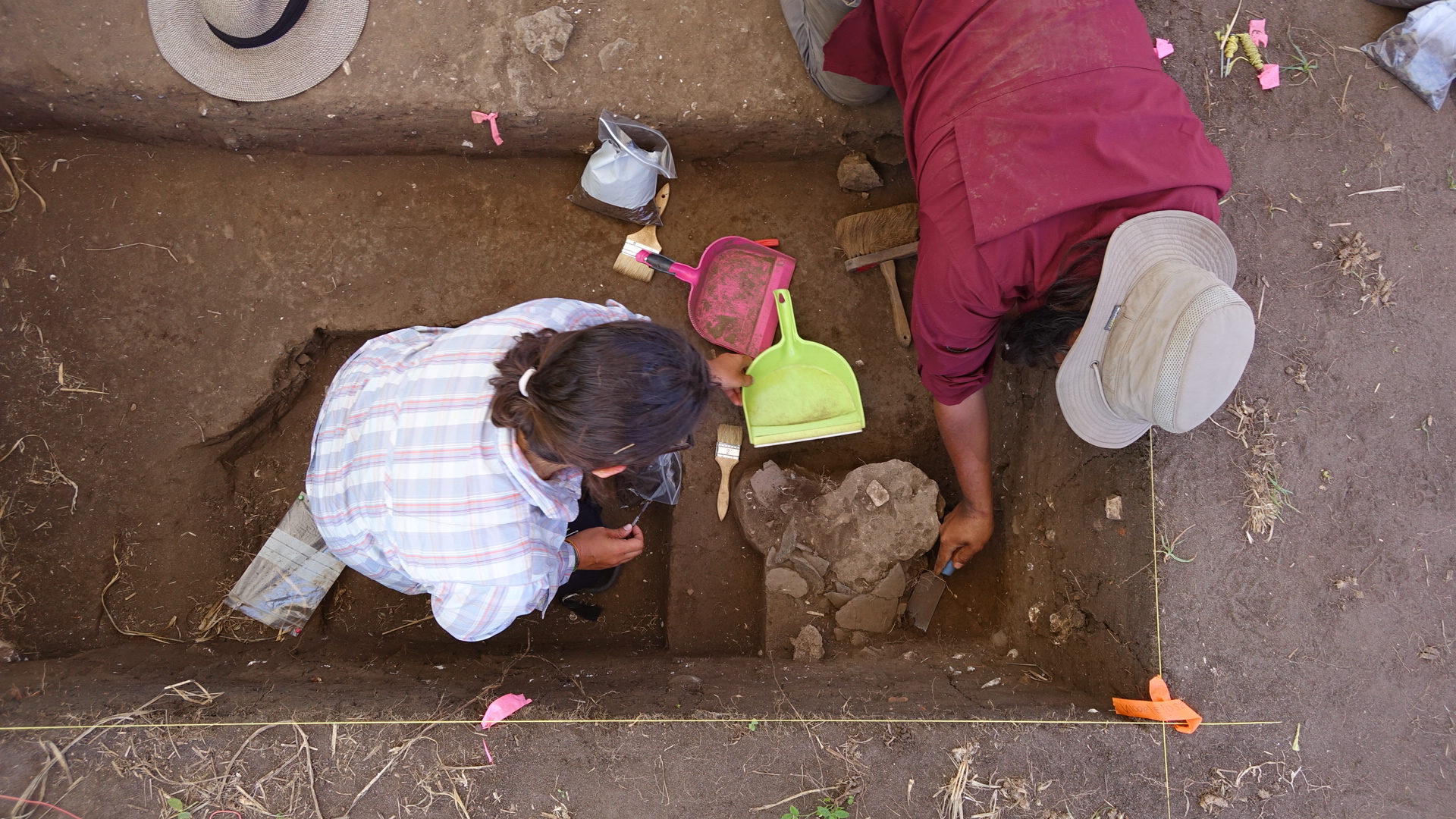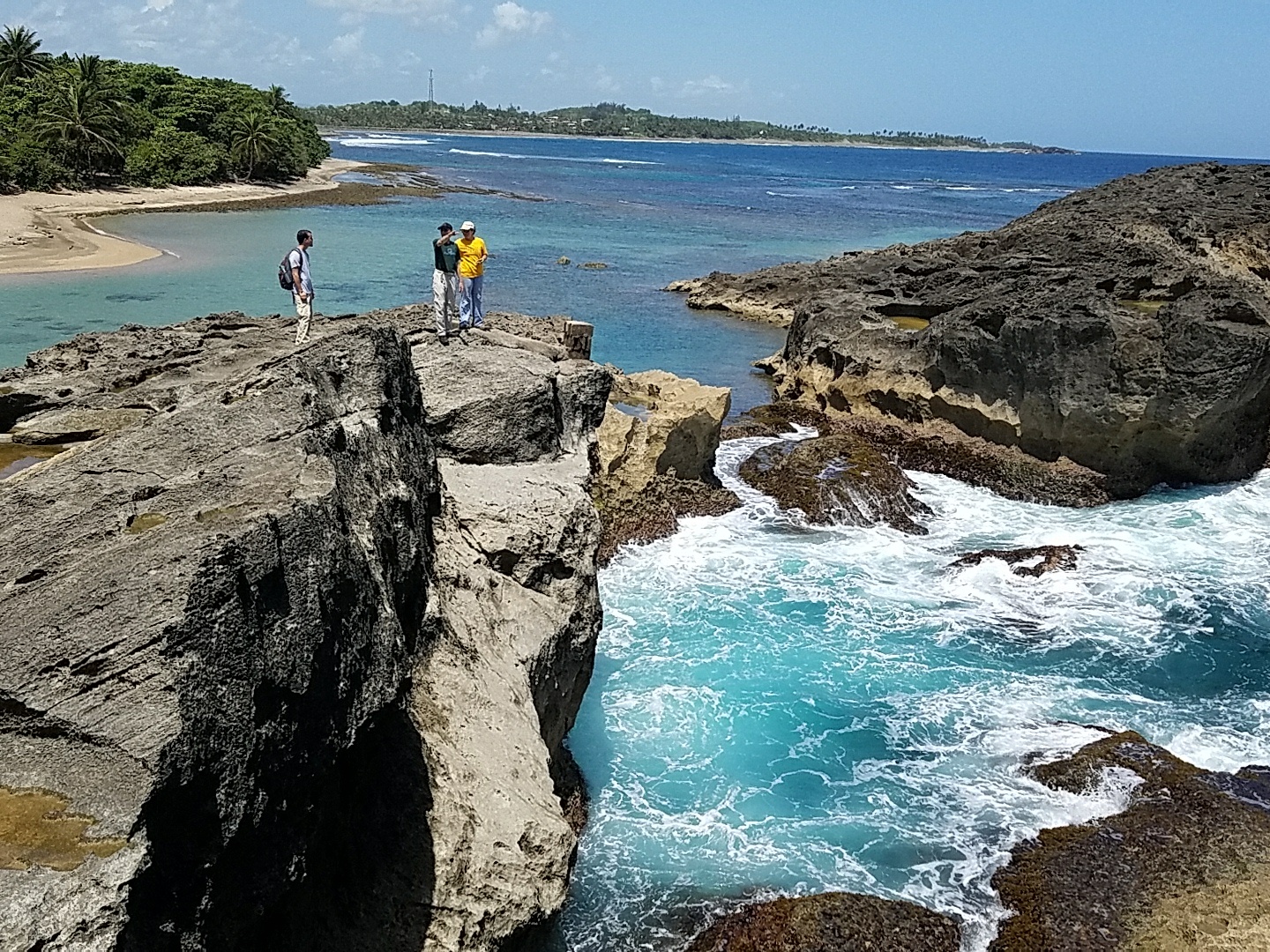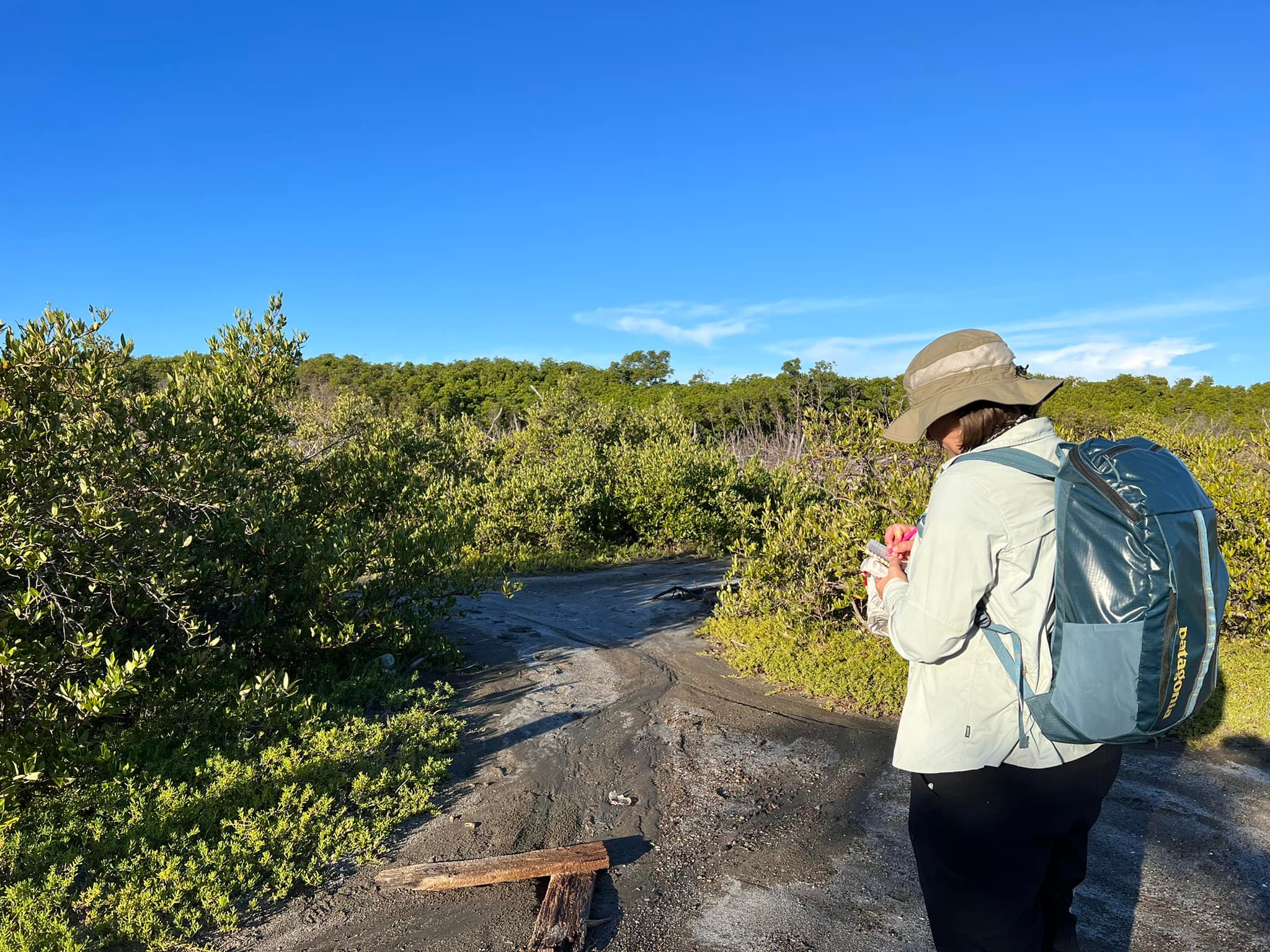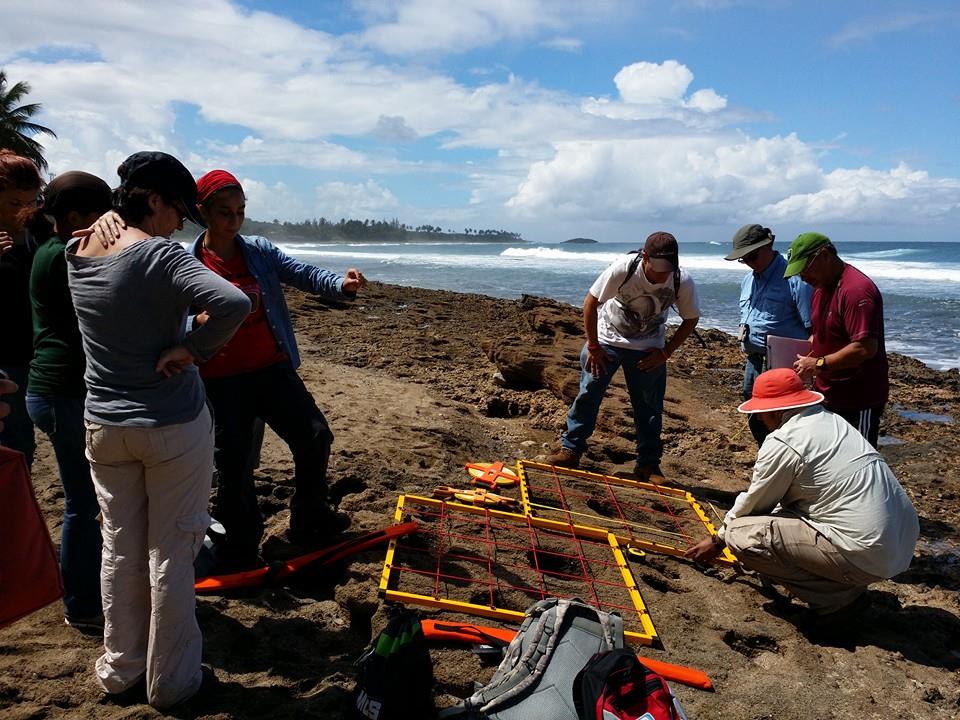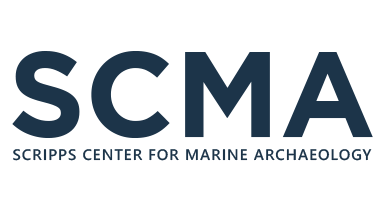COURSES
Individuals with a Bachelor's degree who are interested in Marine Archaeology can pursue a Ph.D. through either the SIO or the Anthropology tracks, under the mentorship of faculty affiliated to the Scripps Center for Marine Archaeology. The mentor and the student will work together to identify the particular route of learning, tailored to the individual research direction the student wishes to pursue. We offer a variety of courses designed to train students in different practical and theoretical topics that will give them the tools to explore Marine Archaeology in high detail. Starting from our Introduction to Maritime and Underwater Archaeology course to our Scientific Diving Program, students will be able to undertake graduate research in the context of the Natural and Social Sciences.
SELECT COURSES
ANAR 104. Introduction to Geographic Information Systems (GIS) for Anthropologists and Archaeologists (4 Units):
This course is an introduction to geographic information systems (GIS) and spatial analysis for anthropologists and archaeologists. The course will provide students with background theory and basic skills in GIS through lectures and hands-on lab activities. Students will learn the basics of acquiring, storing, manipulating, analyzing, and visualizing spatial data for anthropological study. Prerequisites: upper-division standing.
ANAR 115. Coastal Geomorphology and Environmental Change—Perspectives from Israel and the South-Eastern Mediterranean (4 Units):
Students will develop a broad understanding of the morphological features that are identified in coastal systems, and the short- and long-term processes that shape them through time. Students will become familiar with terminology, approaches, and methodologies used in coastal geomorphological research, which are relevant for today’s study of climate and environmental change, with a focus on coastal sedimentary environments and an emphasis on the coast of Israel from ancient times until today. Prerequisites: upper-division standing.
ANAR 159. Pre-Hispanic Societies of the Caribbean Archipelago (4 Units):
This course focuses on the social processes shaping the pre-Hispanic societies of the Caribbean Archipelago from 7kya to 1500 CE. Through the lens of material culture, we examine the archaeology of both the Greater and the Lesser Antilles, and recognize the role that colonialism has had on modern Caribbean identities and discourses, including the development of Tainidad as indigeneity in the present. Prerequisites: upper-division standing.
ANAR / SIO 164. Maritime Archaeology—Method, Theory, and Practice in Global Perspective (4 Units):
Maritime archaeology provides unique access to environmental and cultural data concerning human adaptation to climate and environmental change. This course presents an overview of the methods, theories, and practice of maritime archaeology. Topics include environmental characteristics of marine settings (coasts and underwater); drowned landscapes; maritime culture, ports, and navigation; methods of research in underwater settings; and legislative issues regarding underwater and coastal heritage. Students may not receive credit for both ANAR 164 and SIO 164. Prerequisites: upper-division standing.
ANAR 165. Marine and Coastal Archaeology and the Biblical Seas (4 Units):
This course will follow the interaction between humans and the sea in cultures that formed the biblical world of the second and first millennium BCE: the Canaanites, Israelites, Egyptians, Phoenicians, Philistines, and cultures of the Aegean Sea. Themes discussed will be maritime matters in the Canaanite and biblical narrative, key discoveries in maritime coastal archaeology of the eastern Mediterranean, shipwrecks: Canaanite, Phoenician, and Aegean, Egyptian ports, and Egyptian sea adventures. Prerequisites: upper-division standing.
ANAR / SIO 166. Introduction to Environmental Archaeology—Theory and Method of Socioecodynamics and Human Paleoecology (4 Units):
(Cross-listed with SIO 166.) Introduction to the multidisciplinary tools for paleoenvironmental analysis—from ecology, sedimentology, climatology, zoology, botany, chemistry, and others—and provides the theory and method to investigate the dynamics between human behavior and natural processes. This socioecodynamic perspective facilitates a nuanced understanding of topics such as resource overexploitation, impacts on biodiversity, social vulnerability, sustainability, and responses to climate change. Students may not receive credit for ANAR 166 and SIO 166.
ANAR / SIO 167. Geoarchaeology in Theory and Practice (6 Units):
(Cross-listed with SIO 167.) As specialists in human timescales, archaeologists are trained to identify subtle details that are often imperceptible for other geoscientists. This course is designed to train archaeologists to identify the natural processes affecting the archaeological record, and geoscientists to identify the influence of human behavior over land surfaces. The course, which includes lectures, laboratory training, and field observations, focuses on the articulation of sedimentology and human activity. Students may not receive credit for both ANAR 167 and SIO 167. Prerequisites: upper-division standing, ANTH 3, and SIO 50.
ANTH 265. Marine and Coastal Archaeology: Israel and the Neighboring Lands (4 Units):
The seminar will follow recent advances and key discoveries in the coastal and maritime archaeology of Israel and the eastern Mediterranean from the Neolithic period to the end of the classical period. Topics include methodologies of underwater excavations and surveys, sunken Neolithic villages of the Carmel coast, archaeology and geoarchaeology of Canaanite and Phoenician harbors, shipwrecks of the eastern Mediterranean and maritime trade, the Anthropocene, sea level changes, and paleoclimate. Prerequisites: graduate standing.
ANTH /SIOG 270. The Archaeology of Climate Change—Social Adaptation and Vulnerability in Temporal Perspective (4 Units):
This seminar studies the dynamics of climate change and human responses through time. Topics include research methods in socioecodynamics, human responses to change in different sociopolitical and economic contexts, and lessons from the past that can inform the present. Students may not receive credit for ANTH 270 and SIOG 270. Prerequisites: graduate standing.
ANTH /SIOG 275. Paleoethnobotany (6 Units):
This course provides an introduction to the fundamentals of practicing archaeobotany. How do archaeobotanists identify ancient plant remains in sites, and how can we use this information to understand human subsistence and forestry regimes, animal feeding patterns, and climate change? Prerequisites: graduate standing
For more information regarding courses, enrollment, and registration, please contact us at scma@ucsd.edu
